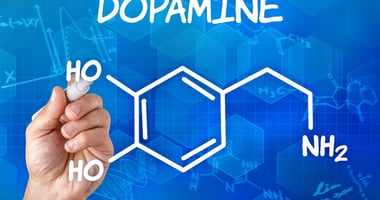Exercise May Reduce Subclinical Heart Disease Symptoms in People With Depressive Symptoms
 |
Researchers from Emory University evaluated 965 adults (average age 49) who were free of any cardiovascular disease and had no history of an affective, psychotic, and/or anxiety disorder. All the patients completed a Beck Depression Inventory-II (BDI-II) questionnaire and underwent tests of their vascular function.
Subsequent analysis found that even when considering other factors associated with heart problems such as age, weight, or hypertension, higher BDI-II scores were associated with early cardiovascular disease (CVD) indicators like arterial stiffening and inflammation.
There was a significant interaction between these indicators and exercise, with sedentary individuals showing more severe arterial stiffening and inflammation, while these symptoms were attenuated in physically active people.
“Subjects undertaking regular exercise have a lower burden of subclinical CVD markers even in the presence of depressive symptoms,” the study authors wrote. “Our findings highlight potential mechanisms by which depressive disorders are linked to CVD risk and support routine assessment of depressive symptoms to improve CVD risk stratification.”
For related information, see the Psychiatric News article “Exercise Said to Benefit Patients With Depression ” and the American Journal of Psychiatry article “ Inflammation: Depression Fans the Flames and Feasts on the Heat . ”
(Image: wavebreakmedia/Shutterstock)





